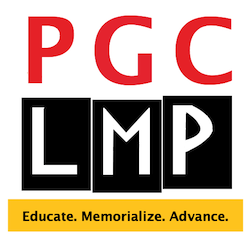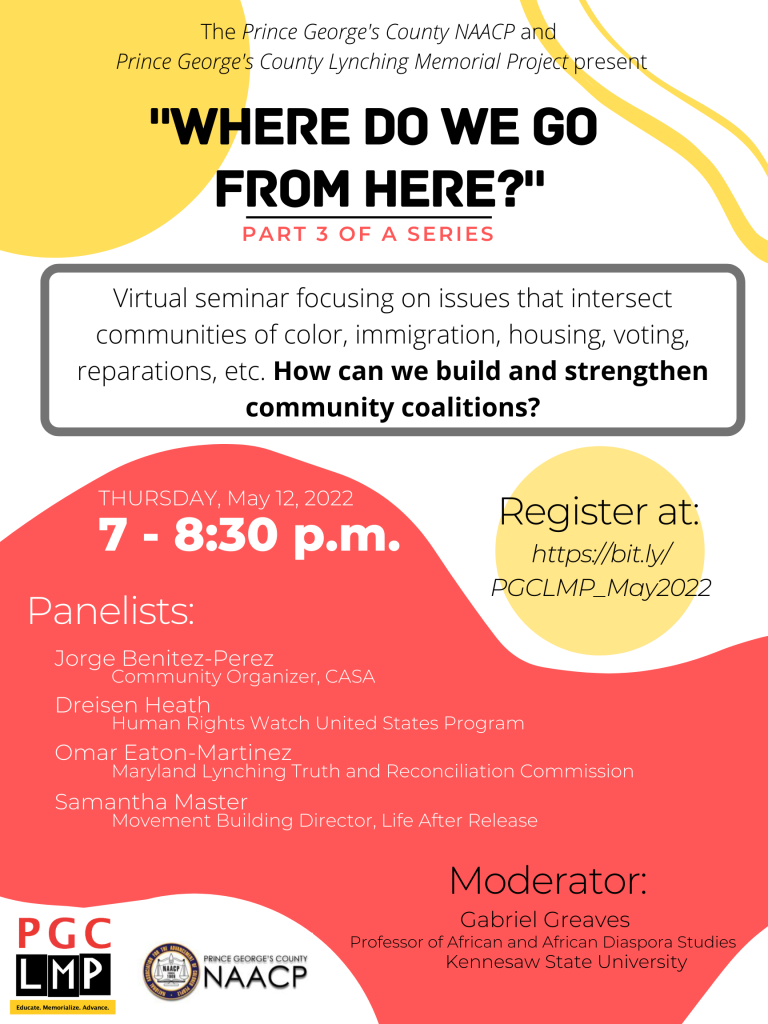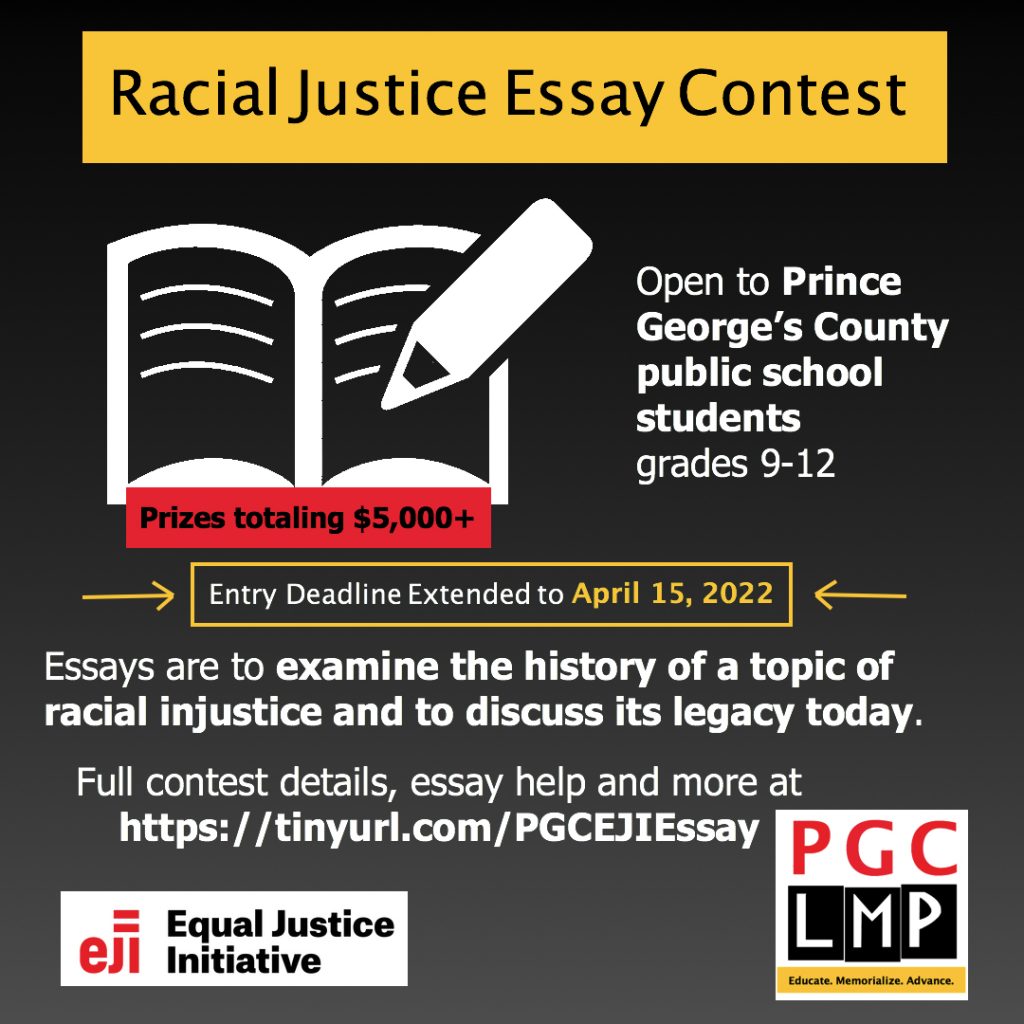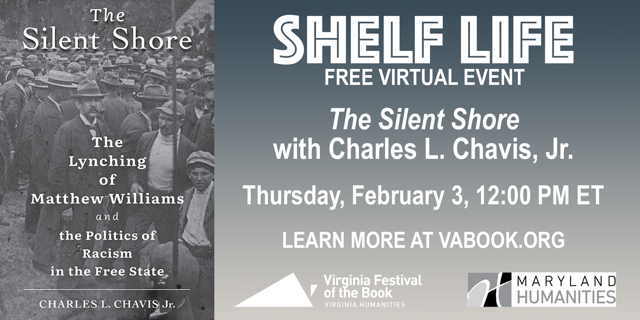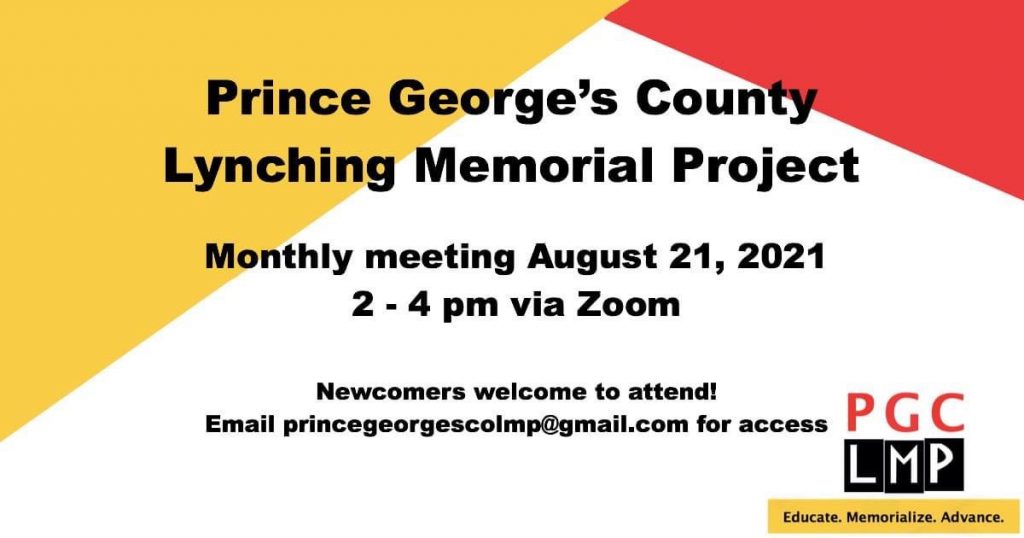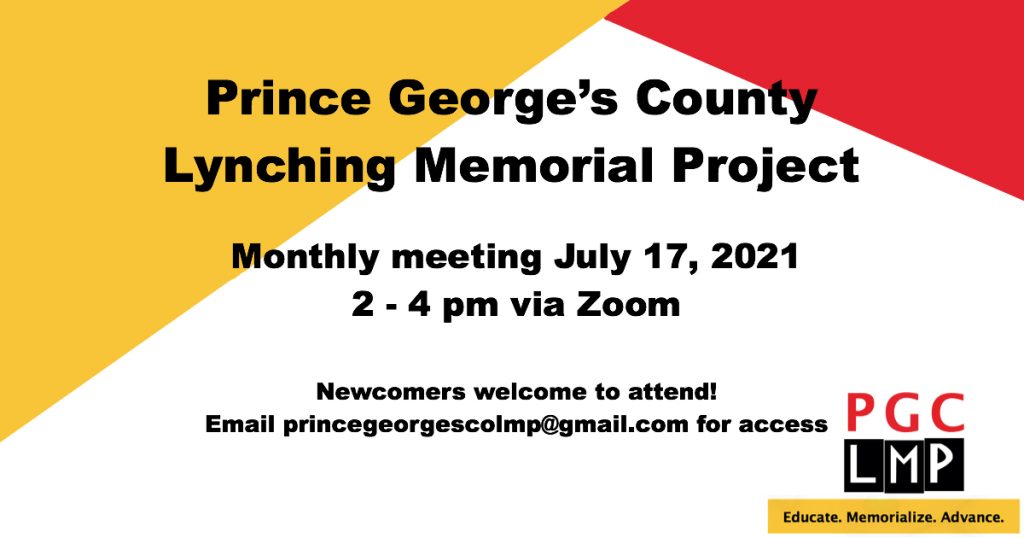In 2019, the Maryland General Assembly enacted, and Governor Larry Hogan signed into law, legislation establishing the Maryland Lynching Truth and Reconciliation Commission (MLTRC) as the first Commission dedicated to investigating racial terror lynchings in the United States. Sponsored by Delegate Joseline A. Peña-Melnyk, House Bill 307 tasks the Commission with researching cases of lynching, holding public hearings in communities where racial terror lynchings took place and developing recommendations for addressing the legacy of lynching that are rooted in restorative justice.
The MLTRC’s hearing process will allow members of the public, including the descendants of victims, witnesses, and perpetrators, the opportunity to offer testimony about how these murders have impacted their lives and their communities in addition to allowing them the opportunity to make recommendations for achieving racial healing. The hearings will also provide an opportunity to identify and bring to light possible cases of racial terror lynching that are remembered in families and communities but for which there is little or no documentation.
The June 4th hearing will focus on the tragic lynching of Howard Cooper, a 15-year-old boy who was killed on Monday, July 13, 1885, in Towson, Maryland. Cooper was convicted of assault and rape and sentenced to death by a jury that deliberated for less than a minute. Fearing the verdict might be reversed upon appeal, a mob of masked white men dragged Cooper from his cell in the old Baltimore County Jail in Towson and hanged him from a sycamore tree next to the building. Participants may include descendants of Howard Cooper, witnesses, community members, archivists, and scholars of the community.
The hearings will also explore the involvement of State, county, and local government entities and news media in cases of racially motivated lynching. In 1898, for example, the Maryland General Assembly failed to pass proposed anti-lynching legislation. It is also well documented that county sheriffs and jailers allowed mobs to take men from jail with impunity, county state’s attorneys refused to identify and bring charges against members of lynch mobs, county coroners routinely claimed that the victims of lynching died “at the hands of parties unknown,” and newspaper coverage of these events helped to perpetuate a culture that condoned and encouraged racial terror lynchings.
This is the second public hearing conducted by MLTRC. This event would not be possible without tireless effort and planning from the Baltimore County Coalition of the Maryland Lynching Memorial Project to build community partnerships.
Additional hearings will be announced as they are scheduled and published on MLTRC’s website.
HEARING DETAILS
When: Saturday, June 4, 2022
Time (in person and streaming): 9 am to 1 pm; with a 10-minute break
Where: Baltimore County Council Chambers, 400 Washington Avenue, Towson, MD 21204 How You Can Attend:
IN PERSON: Pre-registration is required. We must limit the number of people who can register due to social distancing requirements. Please let us know if you must cancel so that we may honor those on the waiting list. Upon registering, you will receive a confirmation notice which you should bring with you to the hearing. You will pass through security and will be required to wear a mask and adhere to any other safety protocols that are required.
STREAMING: A link to stream the hearing will be posted on MLTRC’s website one day before the hearing.
How You Can Share Your Story:
Members of the public are encouraged to submit written testimony concerning how the lynching of Howard Cooper (or any other racially motivated lynching occurring in Baltimore County) has impacted their lives and their communities or making recommendations to address the legacy of lynching in Maryland and promote racial healing. Submit your testimony to mltrc@maryland.gov or bring your written testimony if you attend in-person.
The Maryland Lynching Truth and Reconciliation Commission can be reached at https://msa.maryland.gov/lynching-truth-reconciliation/ or via email at mltrc@maryland.gov.
The Baltimore County Coalition of the MLMP can be reached at https://www.mdlynchingmemorial.org/ or via email at baltimoreco.mdlmp@gmail.com.
